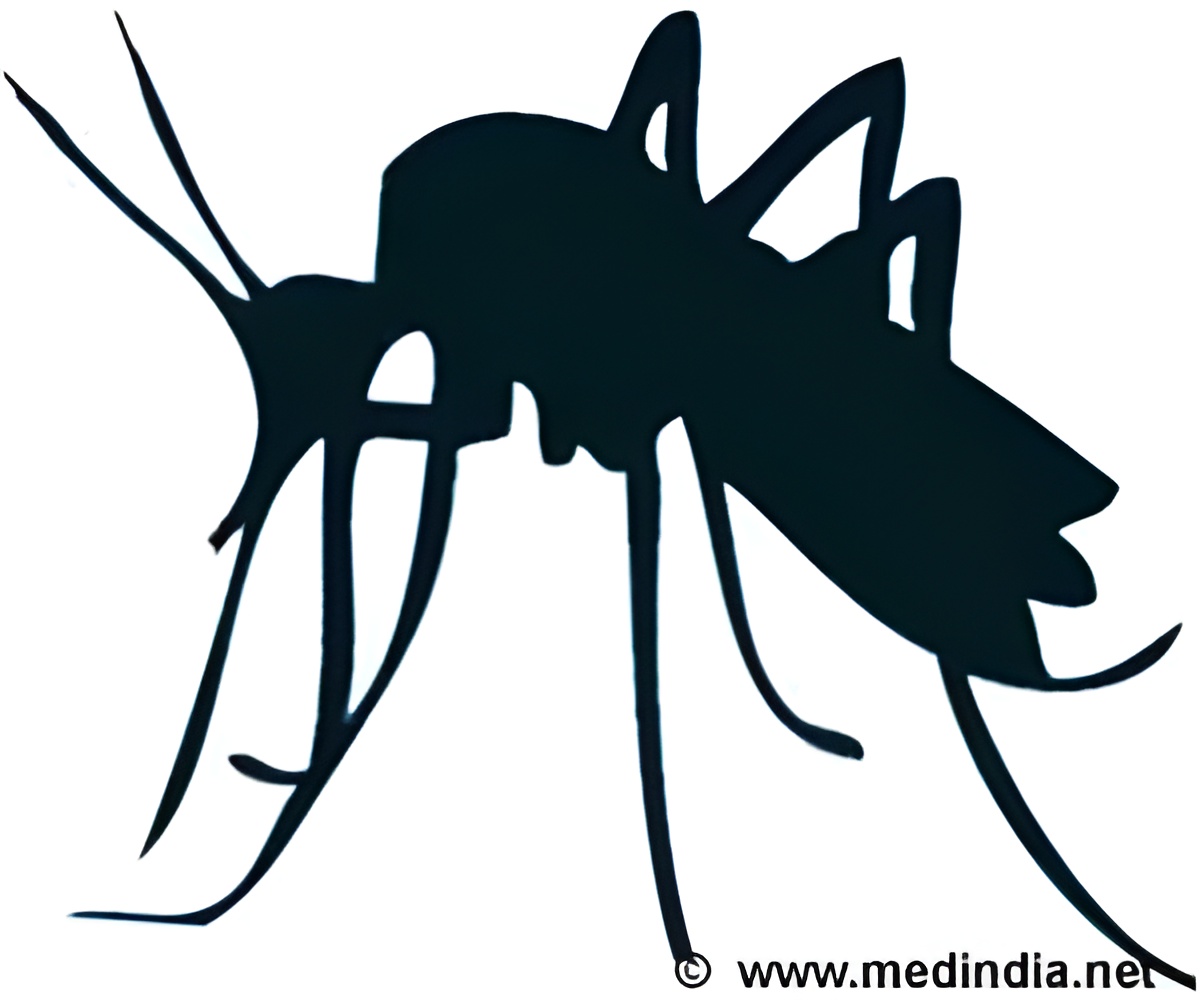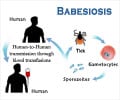Immature malaria parasites are more resistant to treatment with key antimalarial drugs than older parasites reveals new research.

The study was conducted by a team led by Professor Leann Tilley and Dr Nectarios (Nick) Klonis from the Department of Biochemistry and Molecular Biology and the Bio21 Institute, and is published in the journal PNAS.
The drug artemisinin (ART) saves millions of lives each year but it is still not clear exactly how it works. Professor Tilley’s team developed a novel approach to examine how the parasite responds to drugs under the conditions it encounters in the body. This is important because the malaria parasite takes two days to reach maturity in each cycle but the drug only remains in the bloodstream for a few hours.
"We were surprised to find that juvenile parasites were up to 100 times less sensitive to the drug than mature parasites, and that in some strains the juvenile parasites showed a particularly high degree of resistance. This would result in a large number of juvenile parasites surviving against clinical treatment and helps explain how resistance to drugs develops," Professor Tilley said.
In order to survive in the human body, the parasite must inhabit red blood cells for part of its life cycle, to do this it first digests the cell contents including the haemoglobin protein which carries oxygen in blood.
"We found that the parasite is most susceptible to drug treatment when it is digesting haemoglobin, suggesting that a breakdown product, possibly the haemoglobin pigment, is activating ART to unleash its killing properties," Dr Klonis said.
Advertisement
"In juvenile stages the parasite’s digestive system is not yet active, which explains how this stage can avoid the effects of the drug," Professor Tilley said.
Advertisement
The next steps for the team are to try and establish why certain strains are more resistant to ART drug attack than others.
"With the current political will in malaria-affected countries to combat the disease, and funding for implementation of anti-malarial strategies available from the NHMRC, Gates Foundation and other donors, the basic research being done in Australia will be quickly translated into lives saved in the field," added Professor Tilley.
Source-Eurekalert















